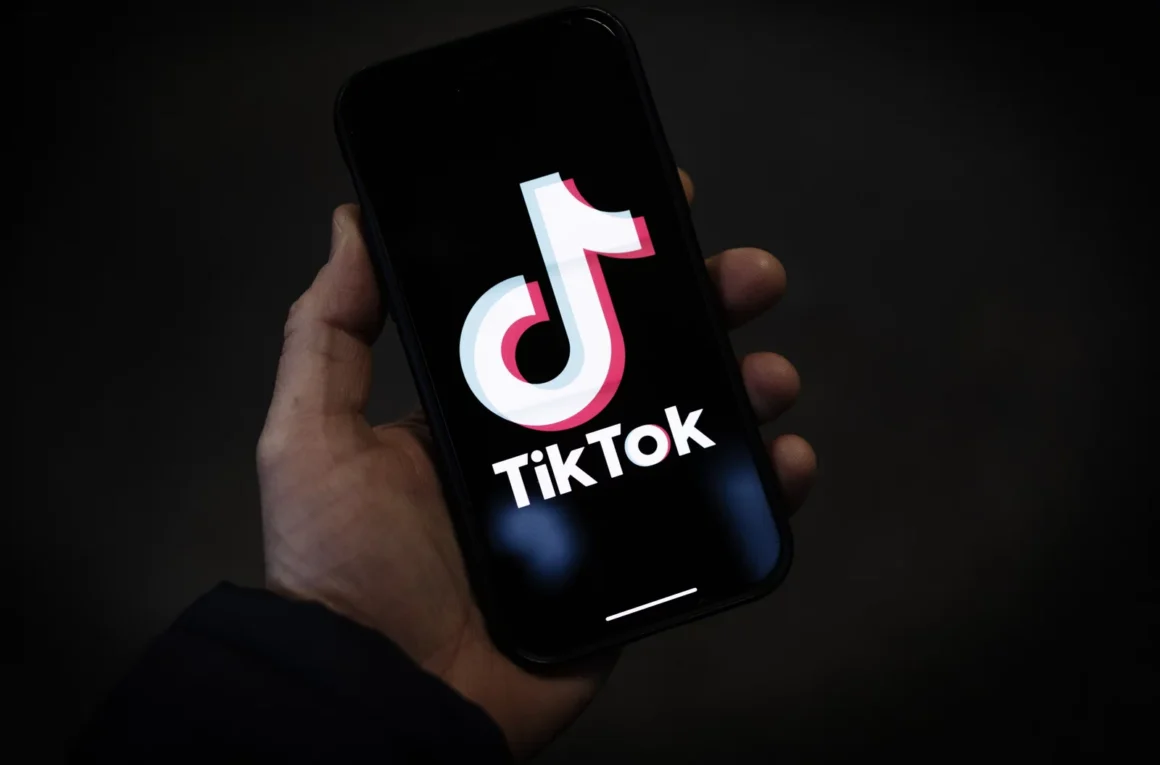In a telling episode that encapsulates the pitfalls of TikTok venture into e-commerce, a video promoting counterfeit Apple AirPod Max headphones at a shockingly low price of US$16, supposedly down from US$549, has gone viral. This incident, highlighted by Bloomberg Opinion’s Dave Lee, underscores the challenges TikTok faces as it attempts to expand its platform to include online shopping, a move that seems to clash with the expectations of its user base. The platform, lauded for its engaging content spanning comedy, dance, and creative expression, now risks alienating its audience with an influx of dubious, low-quality products.
This dubious offer, presented by a user named Basketball World, claimed a staggering 97 percent discount on the luxury headphones, utilizing Apple’s marketing materials to lend credibility to the scam. Despite being an obvious sham, selling Chinese knockoffs instead of the genuine product, the video reached an audience of 3.8 million viewers. The fact that such a deceptive advertisement could be disseminated so widely on TikTok, especially as a paid sponsored post, calls into question the platform’s moderation policies and its commitment to protecting its community from fraud.
The lapse in oversight was so apparent that after being notified, TikTok removed the video the following day, yet maintained that it was not negligent in allowing the scam to proliferate. Apple’s response to similar issues has been more proactive, with the company working to remove over a million listings from various online marketplaces, including TikTok, that infringe on its brand.
This situation highlights a larger concern regarding TikTok’s e-commerce strategy. The platform’s attempt to replicate its parent company ByteDance’s success in China, where its counterpart Douyin has thrived as an e-commerce hub, seems fraught with challenges in the Western market. ByteDance’s ambition to generate substantial sales in the U.S., competing with giants like Amazon, Temu, and Shein, is ambitious but requires a careful approach to avoid the pitfalls of selling low-quality goods and potentially engaging in unethical practices.
The implications of TikTok’s foray into e-commerce extend beyond consumer dissatisfaction. There’s a looming risk of political backlash, particularly with growing scrutiny over data privacy concerns and the app’s Chinese ownership. The controversy surrounding TikTok Shop, especially if linked to practices like forced labor, could catalyze regulatory actions, including a potential ban by U.S. Congress.
Moreover, TikTok’s demographic shift towards an older user base in the U.S. has led to a transformation of the platform’s content landscape, mirroring trends seen on traditional home shopping networks. This shift, while expanding the platform’s audience, has introduced a commercial aspect that seems at odds with the original appeal of TikTok. Users, including influencers like Brody Wellmaker, have voiced their opposition to the e-commerce push, signaling a broader discontent with the platform’s direction.
In essence, TikTok’s e-commerce experiment, marked by incidents like the headphone scam, not only jeopardizes its reputation but also threatens the very essence of what made the platform a cultural phenomenon. As ByteDance navigates these turbulent waters, it must carefully weigh the benefits of its commercial ambitions against the potential long-term impact on its user community and brand integrity.











